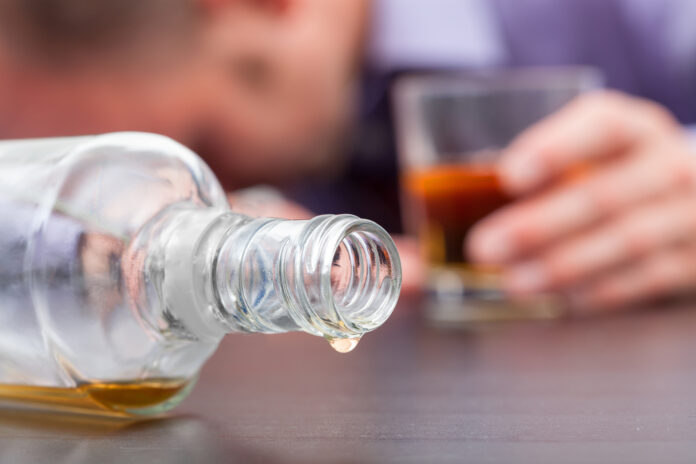
Alcohol is a depressant that slows down your brain and central nervous system function. Although this sluggishness of your nervous system and brain can make you feel relaxed or even sleepy, drinking too much alcohol has been connected to poor quality of sleep and reduced sleep duration. Those who abuse alcohol tend to also suffer from insomnia. Studies have found that drinking alcohol can also make sleep apnea worse.
This article will explain alcohol’s effect on sleep and help you understand the stages of sleep your body goes through during each sleep cycle.
How alcohol affects sleep
Alcohol in your stomach and small intestine gets absorbed into your bloodstream. Enzymes in your liver will slowly metabolize the alcohol, but excess alcohol will stay in your bloodstream.
If you drink a lot of alcohol before you go to bed, it will likely take longer than usual to fall asleep. Your sleep is also likely to be disrupted, and the quality of your sleep decreases.
How alcohol affects sleep stages and sleep cycles
It is important to understand the different sleep stages and sleep cycles your body goes through. Each sleep cycle lasts 90-120 minutes, so you have four or five sleep cycles during every eight hours you sleep. Each sleep cycle is made up of four stages: three non-rapid eye movement (NREM) stages and one rapid eye movement (REM) stage.
During the first three sleep cycle stages, your muscles become increasingly relaxed, and your breathing, heart rate, eye movements, and brain activity steadily slow down. These body functions become slowest during the third and final NREM stage, also known as slow-wave sleep.
During the REM stage, your eye movement becomes rapid, and your heart rate and breathing increase. REM is when most dreams occur. This stage may also help with the consolidation of your memories.
Drinking alcohol before you go to bed can interrupt the REM stage during the first two sleep cycles, during which REM only lasts about 10 minutes. Alcohol may make you reach deep sleep faster than usual, which can cause you to get more slow-wave sleep and less REM sleep. This imbalance of sleep stages can cause shorter sleep cycles and increase the likelihood of sleep disruptions.
Be sure to limit alcohol consumption right before bed so it does not negatively impact your sleep quality and duration.


















